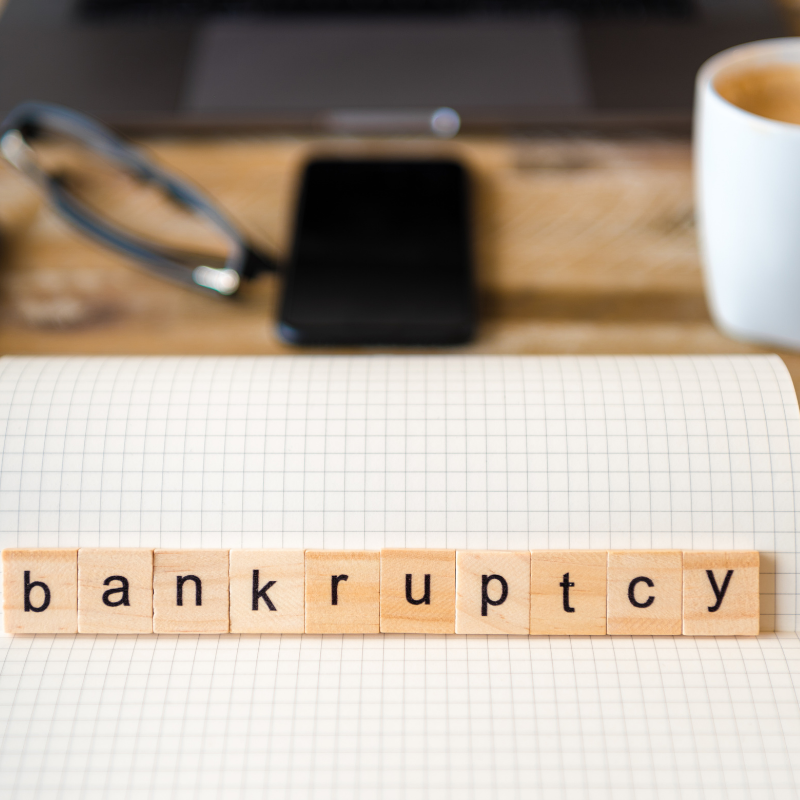
If you’ve filed for bankruptcy or plan to do so, you may be curious about how it impacts your ability to get a mortgage. Rest assured, bankruptcy is not the end of your home ownership dreams, though it will bring more challenges if you are seeking a traditional mortgage. However, for those looking into a VA loan, the hurdle is usually a lot lower.
Bankruptcy and Credit Scores
The largest impact of filing bankruptcy is to your credit report as it can significantly lower credit scores and remain on your report for up to 10 years. In fact, your bankruptcy has to be discharged for you to even be considered by lenders for a mortgage. This article provides more detailed information on what that means.
A bankruptcy can lower a person’s credit score by more than 200 points, though each bankruptcy situation is different. With a VA Loan, you can be eligible two years after a Chapter 7 bankruptcy discharge; one year after filing a Chapter 13 bankruptcy.
In addition to the discharge, lenders will closely review your credit report for proof that you have since established a solid track record of on-time payments. So, while you may be eligible for your mortgage after just twelve months, you may consider taking longer to build up your credit again unless you are considering a VA loan.
Bankruptcy and VA Loans
With conventional loans, it is common to have to wait up to four years to re-establish a credit score that would reduce the down payment needed or get a low enough interest rate that a mortgage makes sense. The great news is that VA Loans are more lenient about credit history.
In fact, one of the biggest benefits with the VA home loan program is that some lenders work with people with lower credit.While many VA lenders generally look for a 620 FICO score, 1st United Mortgage can work with borrowers who have less than perfect credit.
If you’ve filed bankruptcy recently or want to know if you qualify for a VA loan since filing, contact us today to speak with a VA Home Loan specialist!
